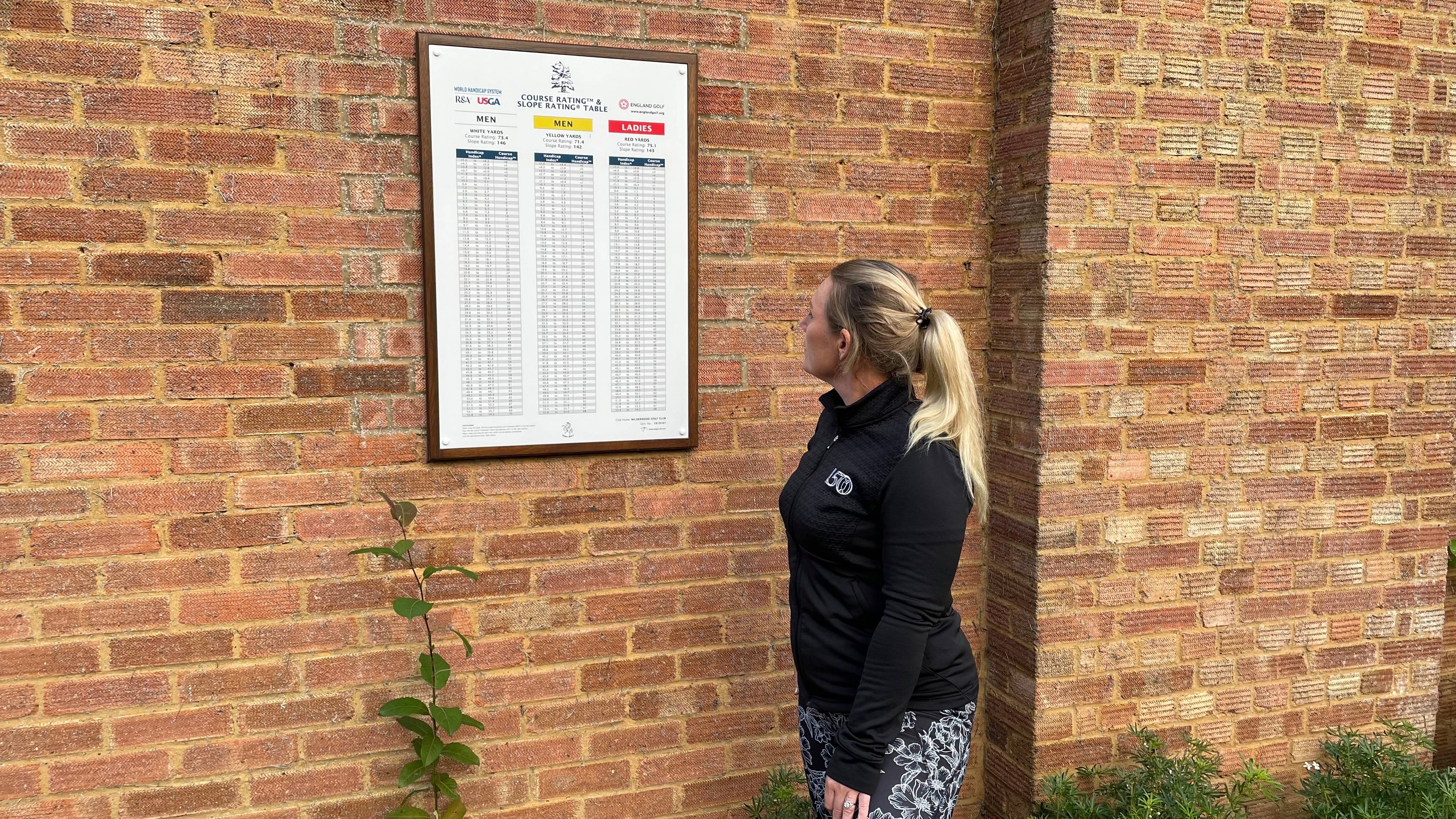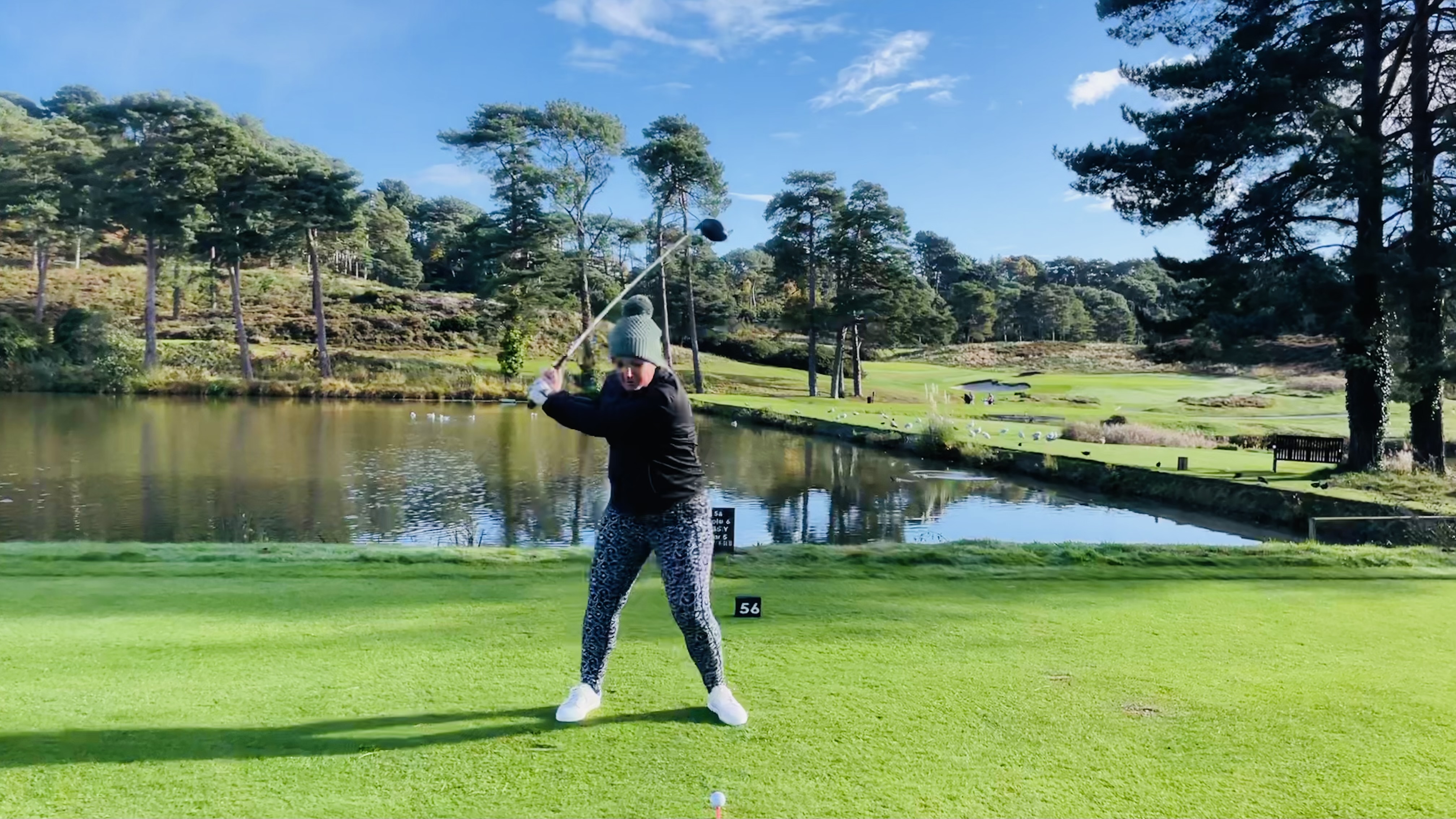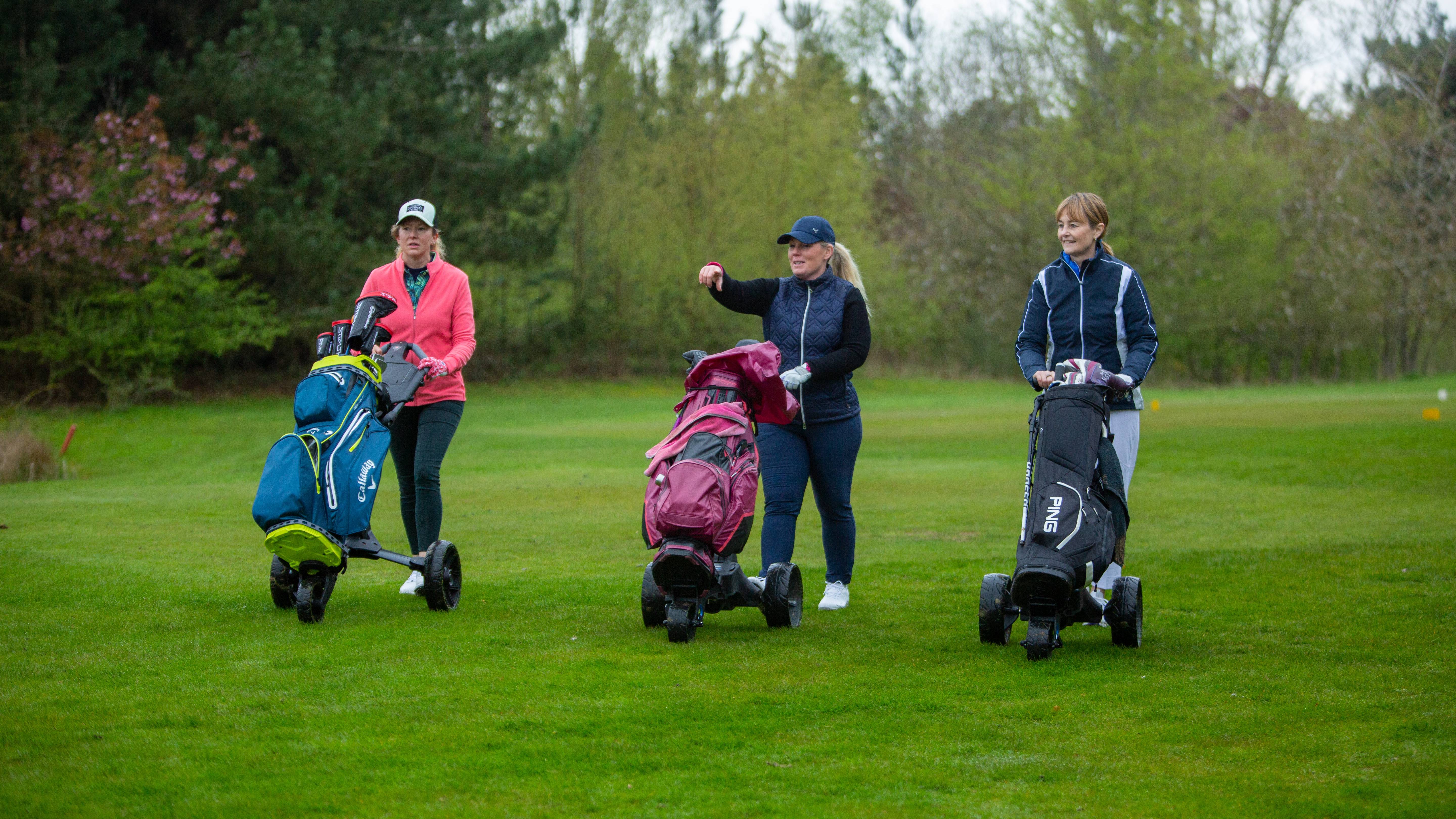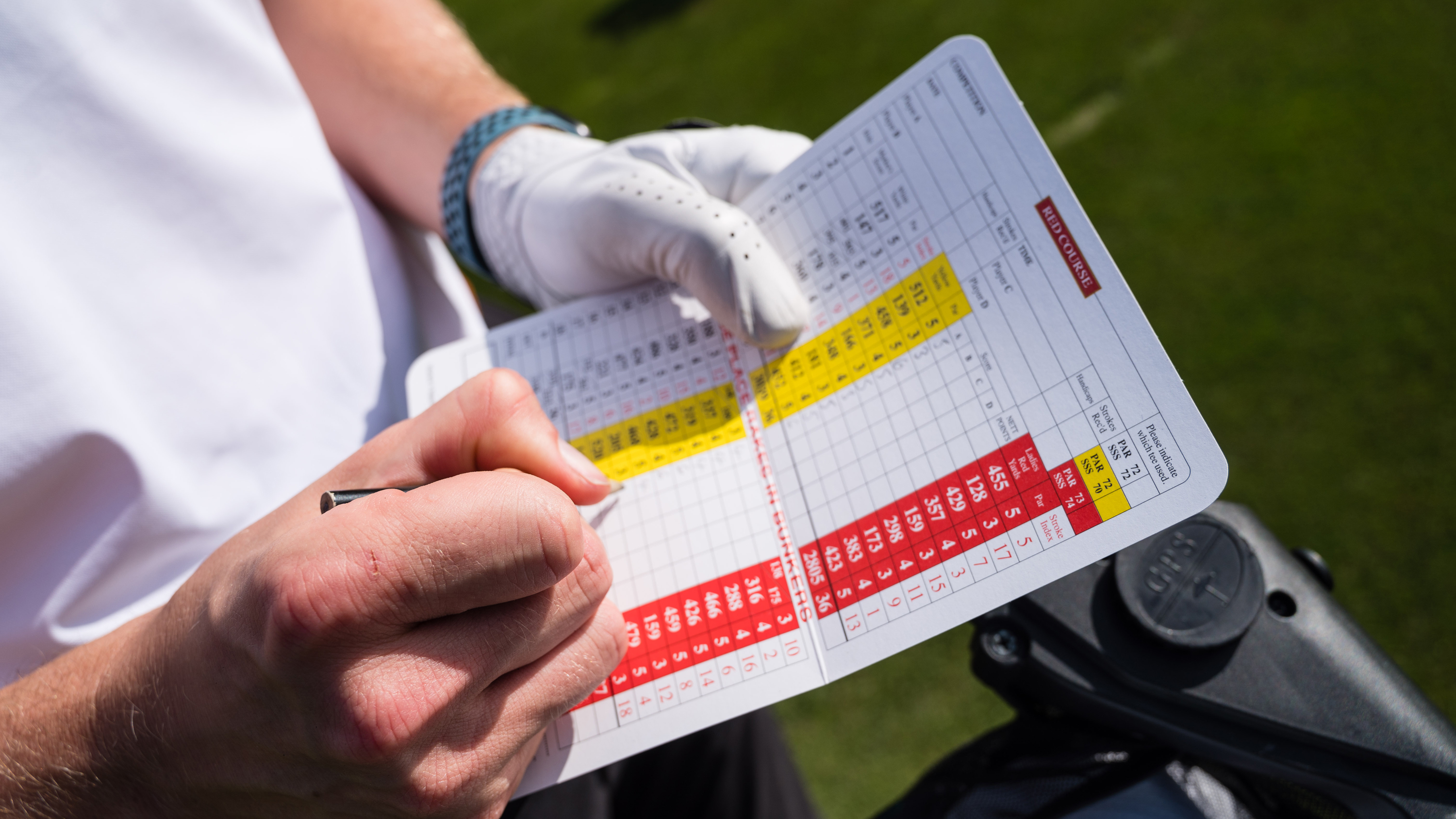
I’m not usually an outspoken person, but one thing I can say with absolute certainty is that I had far more fun playing competitive golf three years ago before the new World Handicap System (WHS) came into force.
Back then, things simply seemed fairer. Our handicaps were a truer reflection of our level of play, realistic and on the whole very accurate. I seldom spoke to a woman who felt her handicap was totally wrong. There was the odd club bandit but they were few and far between. Competitions were won with excellent, as opposed to extraordinary, scores.
I’m a low single figure handicapper who plays in two qualifiers a week, pretty much all year-round, course conditions and weather permitting. I’ve been in the prizes once this year - on the only day of the year the lowest two gross scores counted - our club championships. Yet look at the consistency of my week-in, week-out scores and a few years ago I would have won many more prizes.
My handicap has remained at 2, exactly where I started the year. On many occasions I scored 35 or 36 points in a stableford, that’s shooting just two-over-par, and was outside the top 10 and way off the prizes. A winning score has become virtually unachievable for me off my low handicap, up against women who have 20 or 30 shots more, but are perfectly capable of playing 10 under that handicap on their day and scoring 45 points or more.
Players who formerly had handicaps in the teens and are now in the mid-to-high twenties. Yet I’ve continued to pay my competition entry money each week and take part in every club competition because I have my own personal goals and aspirations. I want to continue to improve and stay competitive as in five years time, when I turn 50, I hope to compete on the England seniors circuit, and who knows, maybe even get a cap for my country.

Despite winning the south-west intermediate championship as a 20-year-old I was never quite good enough to contend in the national events against big-hitting juniors. My best finish was a top-10 in the English Amateur Championship at Stoneham Golf Club in Hampshire, a course that suited my skilful short game, rather than rewarding the big bombers. The seniors is my chance to shine.
Yet I look at the handicaps required to get into the national events now and I’m staggered. Somebody suggested that I enter the English Amateur Championship this past summer as it was being played on my doorstep at Broadstone and Ferndown golf clubs in Dorset. My handicap was nowhere near low enough, unless you were a plus handicapper you didn’t get a spot.
How many of these supposed plus handicappers have come down three shots or more since the WHS came into effect I wonder? It would be interesting to do a poll of club players, analysing what their former handicaps were versus now. I tee up against these women in county matches and I think, “How did they get as low as that?” It’s actually very easy. Just go and play a short course, put in an extra day card and shoot in the sixties a few times and hey presto! But where’s the pleasure in that?
With the WHS it is definitely easy to manipulate your handicap. There’s no judge or jury looking at the scores submitted, so how can they really be trusted? Golf is a self-regulating game after all. On the flip side of the coin, it’s exciting to think that I could, in a matter of only a few good rounds (8 out of the last 20 in fact), now find myself playing off the lowest handicap of my life.
In my 30 years of playing this game it has always been my ambition to achieve that elusive scratch handicap. I’m very competitive and relish every opportunity to play, both stroke play and match play. It used to feel like I was only chipping away at my handicap to get down low (as a category one player in the old CONGU handicap model I used to only come down 0.1 for every shot under my handicap) - now I can come down a whole shot in a matter of weeks by playing consistently well. That’s certainly an exciting prospect!
The majority of women I play golf with don’t share this sentiment. They don’t have the same consistency or ability to go low and, as a result, have found that their handicaps have soared up. A run of poor golf will see your handicap index rocket very easily and quickly with the way the new WHS is designed. Many women are embarrassed by their new high handicaps. Often sad or ashamed that they have gone from the steady silver division to the higher bronze section.

Such is the quantity of players now sitting in our club bronze team we can barely field a team for scratch matches anymore, and we have over 100 active women playing golf at my home club Parkstone in Dorset. The silver section (for handicaps 21 and under) used to be thriving. Instead it’s the bronze section that’s burgeoning now. As a result they’ve had to re-think the divisions at my club, with so many women competing for bronze prizes and so few for silver. It’s not just our club, it’s a problem I hear discussed among county delegates country-wide.
You may remember my rant last summer about playing in Opens. Things haven’t settled down. The scoring I’ve witnessed this year has remained spectacular. So I’ve stopped entering away days as too many women have realised that it pays to play off a higher handicap. They are playing the system by only putting in cards as and when they choose. That’s not how it was designed. You are supposed to put your scorecard in every time you play in order to get a true reflection of your ability.
I signed up to our summer club knock-out this year because I love match play, hoping to get through at least a few rounds. I got knocked out in the first stage by a woman who used to play off 17 and now has 25 shots. I had to give her 22 shots and was one-over-par gross when I lost on the 17th. I had played immaculate golf.
Our county inter-club competition has become a mockery. I used to play in these club matches with pride. I look back at the decades of pictures of me sporting my fuchsia pink club colours and feel sad that those days are gone. How many matches did I play in this summer? None. The simple reason is that clubs now field all their high handicappers so that they get given loads of shots. There’s no point in single figure players taking part.
As for grassroots girls golf, never before has it experienced a shock to the system quite like the jolt the World Handicap System has sent surging through it. I’m the regional press officer for the PGA and I speak to county and national coaches regularly. They are disgusted by the number of falsely handicapped juniors there are now. I hate to point the finger of blame but I think that parents have actively assisted their children to achieve the necessary low handicap on paper to get into the big events. These kids then turn up and shoot two scores in the eighties. It’s a joke.

The other stupidity of the new system is that after a summer of consistent golf, which let’s face it was played in pretty perfect conditions, many of us are stuck on a low handicap for the whole winter because we’re now in what I call the silly season, playing mainly fun format competitions rather than qualifiers. Just put in extra day cards I hear you say. Indeed that is an option, however our course, like many, has a winter programme of works with holes shut making it impossible.
Our Lady Captain and England referee Sheila Waltham have been very proactive in asking me my opinion on what could be done to make competitions fairer for the handful of single figure players at the club, so that we don’t feel like outsiders.
I suggested that we could introduce a new Gold division for players off a handicap of 12 or better, so that we are competing against our low handicap peers. Another solution is to introduce more scratch competitions. We had an open mic meeting about this at prize-giving after our club championship. The unanimous feeling in the room was that this would be a waste of time as no-one would enter. Our club has an ageing demographic of women whose handicaps are really only getting higher.
In the meantime, the handful of low handicappers like me who feel that competitions are no longer fair, are starting to consider why they belong to a club. If things carry on like this we will lose the members we want the most, the younger players whose handicaps are coming down. This to me is a sad situation and one that certainly needs addressing.
Women who have been around the game for 20+ years are questioning why we can’t just go back to the way things were? The old CONGU handicap system worked well. What you have to realise is that the new WHS is the result of a partnership between the USGA and the R&A – the game’s two big governing bodies. They have invested too much in the concept to make golf a global game to go back. The new system has been adopted by more than 100 federations across the globe. So the reality is, as much as those like me are opposed to the new WHS, we are simply not going back. We have to find solutions now using the new system to make things fair for all who play. For the future of the game we love.







